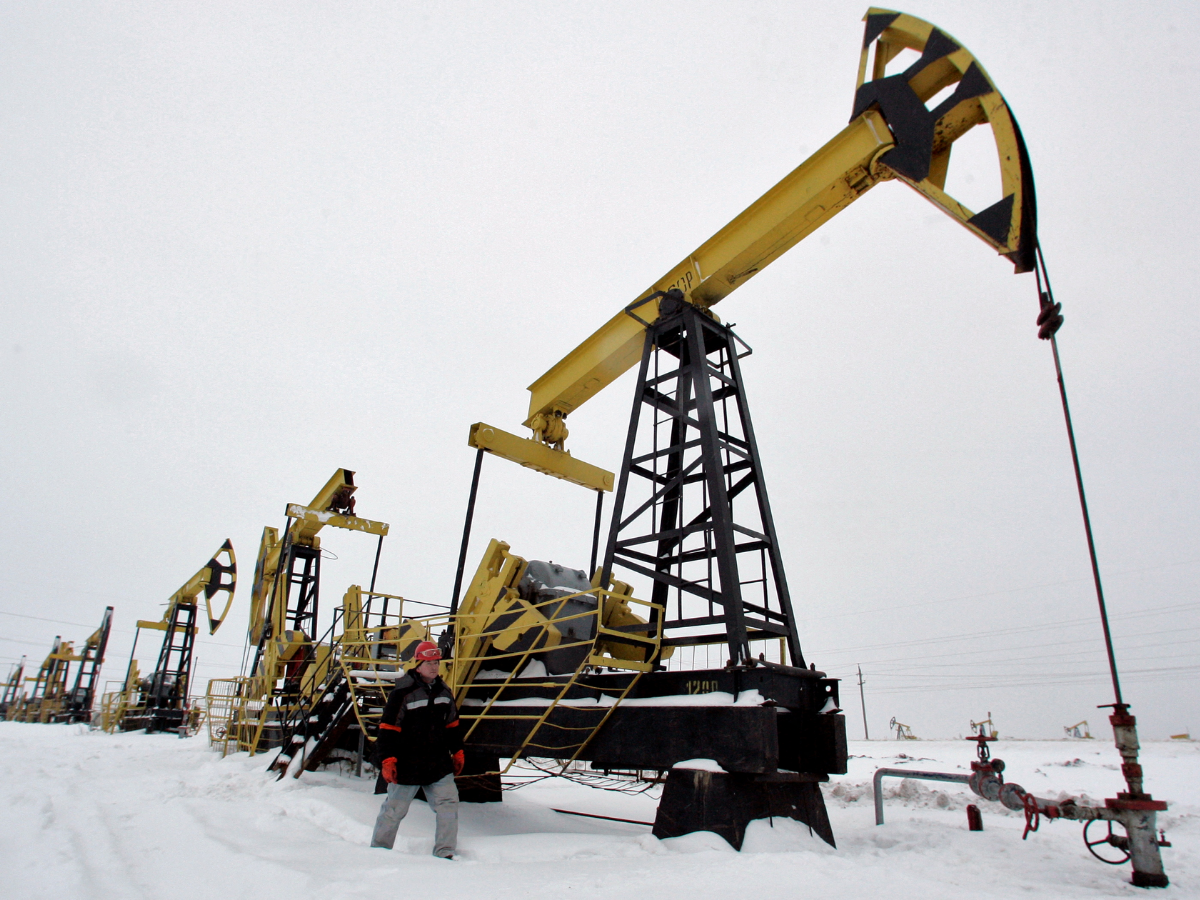by Ganesh Sahathevan
In Shell, M&M and Milieudefensie et al. the Dutch Court Of Appeal held:
At 7.99 : It is therefore too easy to say that Shell has no influence on scope 3 emissions (ie demand for oil and gas products) even though Shell’s power in this regard may be somewhat limited.
At 7.106 :There may be a causal relationship between a production limitation and emission reduction...... but (Milieudefensie et al,the respondents)have failed to put forward sufficient grounds to (demonstrate) that in this case a causal relationship (also) exists between a sales limitation and emission reduction.
At 7.108) Shell could reduce its fossil fuel sales while Shell Trading continues to offer its services to the market. A party that would sell fossil fuels in Shell’s place would not need to have the logistical and financial capabilities of Shell Trading. If necessary, this party could purchase these services from Shell Trading or other service providers.
7.110 It has not been established in the present proceedings that downsizing the resale activities of Shell Trading will lead to a reduction in CO2 emissions.
Milieudefensie argued instead that Shell was guilty of impossing the use of fossil fuels by provding a cheaper product that "sustainable altrenatives" cannot compete with [see 7.59].
The above taken together suggests that the Dutch Court Of Appeal recognises tha the consumption of oil and gas is driven by demand from ordinary consumers, and not, as many in the climate change business insist, "imposed" on users by oil company executives
END
SEE ALSO
Friday, July 28, 2023
Shell may exit Singapore, Singapore Strait Times blames "challenges to the global petroleum industry" - Shell however has announced swing back to oil and gas, Shell's review of business in Singapore probably due to Singapore Government wanting to kill its refining ,petrochem industries to pursue renewables, save the planet
by Ganesh Sahathevan
Strait Times Ovais Subhani says:
Shell’s decision in June (2023) to assess the viability of its plants on Pulau Bukom and Jurong Island says more about the challenges to the global petroleum industry than the future of Asia’s fifth-largest refining hub.
The “strategic review” announced by the London-based energy giant has sparked talk that the company may sell its plants or decommission them if a suitable buyer cannot be found.
Shell however, in June this year, under the leadership of new CEO Wael Sawan announced a shift back to oil, and away from renewables. It would want to stay, not leave , Singapore.
It does therefore appear that Shell is being forced to review its business in Singapore given the Singapore Government's apparent policy of killing its refining ,petrochem industries to save the planet.
TO BE READ WITH
Friday, February 23, 2018
Singapore wants to kill its refining ,petrochem industries to save the planet: New carbon tax will kill a pillar of the economy, Singapore seems set to repeat the Lim Chong Yah " high wages shock therapy" experiment of the 1980s
There is nothing that needs to be added to the Strait Times story below , but readers are reminded that Singapore's contribution to world carbon dioxide emissions are probably negative,given its size (or rather lack thereof) and the fact of the yearly "haze" from Indonesia and Malaysia.
As to the effect of climate change on Singapore, one would think that a country that boasts of its ability to reclaim land from the sea would understand that reclamation is not without its own inherent
problems,that are of more immediate danger.
Meanwhile, Singapore's PAP seems to have forgotten that it relies on the very industries it wants to punish. On the other hand, this is a tax,it goes to government, government gains, but why this desperate measure?
PM Lee rejected Prof Lim Chong Yah's "shock therapy" idea, explaining that it was better to apply sustainable measures.
Mr Lee was responding for the first time to the recent proposal for "shock therapy" by the well-known economist and former chairman of the National Wages Council, Professor Lim Chong Yah, to raise wages of the lowest-income workers by 50 per cent over three years.
Mr Lee said: "I appreciate his good intentions, I share his concerns over this group of workers. But I do not agree with his drastic approach because the only realistic way to move is step by step, with wages and productivity going up in tandem...as fast as we can, as fast as it's possible."
Mr Lee disagreed with the proposal, pointing to the 1980s when Singapore pushed up wages sharply and had "room" to do so. He said: "But even then, we ran into problems."
Mr Lee explained that in the 1980s, Singapore's economy was growing rapidly at 8 to 10 per cent a year. It also helped that the country's only competition then came from the "three little dragons" - South Korea, Hong Kong and Taiwan. China and India were not on the scene, he added.
And during that period, the labour market was tight as multinational companies such as Philips entered the labour market, creating thousands of jobs.
He said: "In 1985, when the winds changed, when the conditions turned difficult, we plunged into a very deep recession...We had to cut wages sharply...so that the economy could recover."
Left unsaid is the fact that the architect of the 1980s wage increase was the same Lim Chong Yah .
END



No comments: